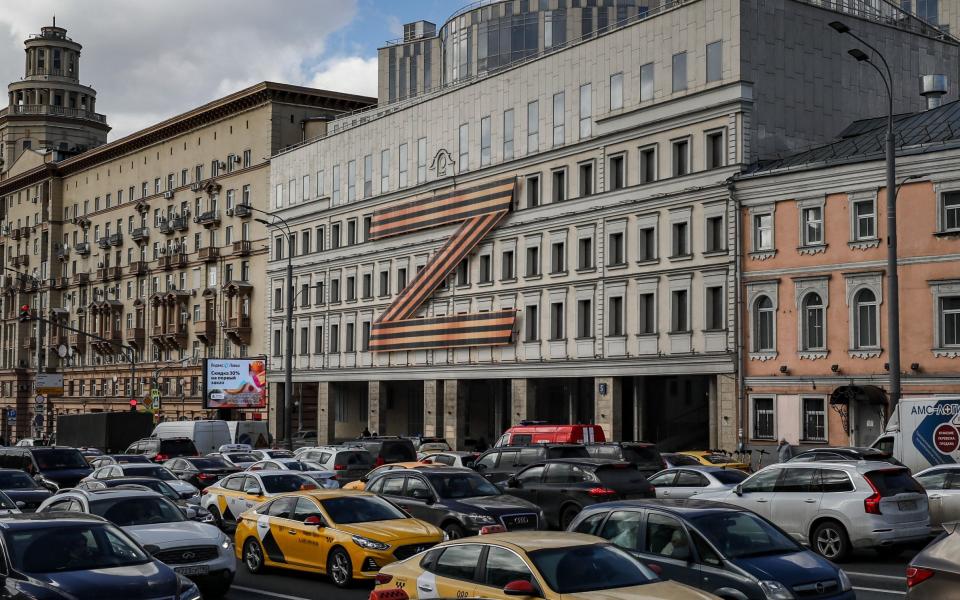Putin’s Petrol Ban: Russia Runs on Fumes

The Kremlin has recently implemented a new policy to ban petrol exports for the next six months. This decision comes after a series of Ukrainian attacks on Russian refineries, leaving President Vladimir Putin’s administration struggling to meet the country’s domestic demand. The ban, set to go into effect on March 1, aims to facilitate “planned maintenance” of the refineries.
Impact of Ukrainian Attacks
Ukrainian drones have targeted Russian facilities in recent months, causing severe damage to their ability to refine crude oil into usable products like petrol and diesel. As a result, Russia previously imposed a similar ban between September and November last year to address high domestic prices and shortages.
Expanded Exemptions
During the previous ban, only four ex-Soviet states were exempt. However, this time, more neighboring countries will also be exempt. These include Mongolia, Uzbekistan, and two Russian-backed breakaway regions of Georgia: South Ossetia and Abkhazia. By expanding exemptions, Russia aims to maintain stable relationships with its neighboring nations.
Economic Implications
Oil, oil products, and gas constitute Russia’s largest export and contribute significantly to the Kremlin’s war economy. To keep prices high, Putin has been collaborating with Saudi Arabia, the world’s leading oil exporter, as part of the broader Opec+ group. This collective includes the Opec cartel of oil producing nations and its key allies.
Russia is already voluntarily reducing its oil and fuel exports by 500,000 barrels per day in the first quarter as part of the Opec+ efforts to stabilize prices. Last year, the top petrol producers in Russia were Gazprom Neft’s Omsk refinery, Lukoil’s NORSI oil refinery in Nizhny Novgorod, and Rosneft’s Ryazan refinery. Russia produced 43.9 million tonnes of petrol in 2023, exporting approximately 5.8 million tonnes, equivalent to around 13% of its total production.
Global Trade Partners
Russian gasoline is mainly imported by African countries, including Nigeria, Libya, and Tunisia. Additionally, the United Arab Emirates serves as a key trading partner. However, ongoing tensions between Russia and Ukraine have led to targeted attacks on each other’s energy infrastructure, with the aim of disrupting supply lines and logistics.
For more information, visit Business Today.
